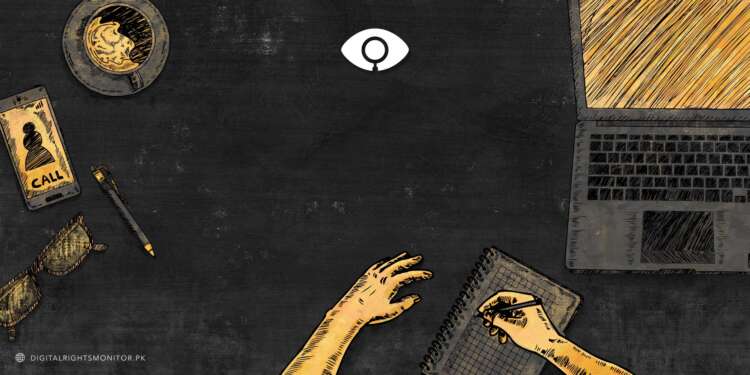From declining civic freedoms in Pakistan to anti-deepfakes legislation in Spain, here’s everything we covered at Digital Rights Monitor (DRM) this week.
Read our weekly news roundup.
US: Govt considering ban on DeepSeek
The United States (US) government is considering banning Chinese artificial intelligence (AI) chatbot DeepSeek, according to reports by international media.
The Trump administration is reportedly mulling prohibiting DeepSeek on federal devices over national security concerns, according to informed sources. US officials have expressed concerns regarding the firm’s handling of user data, which is stored in servers in China. The development was first reported by the Wall Street Journal.
The Trump administration is also considering removing the chatbot from app stores and restricting DeepSeek’s AI models to the consumers of US-based cloud service providers.
More here
Musk claims X targeted in ‘massive cyberattack’
Social media platform X faced widespread intermittent outages on Monday, which owner Elon Musk blamed on a “massive cyberattack”.
The disruptions were reported in Pakistan as well, with the internet outage tracker, Downdetector, citing at least 109 reports from the country.
X has been banned in Pakistan since February last year, and is widely accessed via virtual private networks (VPNs).
Musk’s response to the intermittent outages suggested that a large-scale attack was carried out against X, possibly involving a “country”.
More here
Pakistan rated ‘repressed’ for civic freedoms
CIVICUS, an international rights watchdog, has rated Pakistan “repressed” for a decline in civic freedoms, according to a press release published this week.
In its latest report, CIVICUS has placed Pakistan alongside the United States (UK), Italy, Serbia, and the Democratic Republic of Congo. The listed countries are witnessing “a rapid decline in civic freedoms”.
Pakistan has been classified as “repressed” due to the criminalisation of activists, stifling of opposition and minority protests, and restrictions on digital spaces, according to CIVICUS. The persistent targeting of journalists and formulation of draconian legislation such as the Prevention of Electronic Crimes Act, 2016 are among the factors contributing to shrinking civic space in the country, according to CIVICUS.
More here
SPAIN: Heavy fines to be imposed for not labelling AI-generated content
In an attempt to contain the harm caused by deepfakes, Spain’s government will impose hefty fines on corporations using AI-generated content without explicitly labelling it.
The government approved on Tuesday a bill laying out strict rules for content generated through the use of artificial intelligence (AI). The legislation adopts guidelines from the European Union’s (EU) AI Act, which mandates strict transparency obligations on AI systems that are deemed high-risk, according to Digital Transformation Minister Oscar Lopez.
The minister remarked that AI is a powerful too that can improve lives, but it can be used to propagate disinformation and undermine democracy, too. Spain has now become the first country to enforce the EU’s rules, which are more nuanced and detailed than those in the United States (US).
More here




